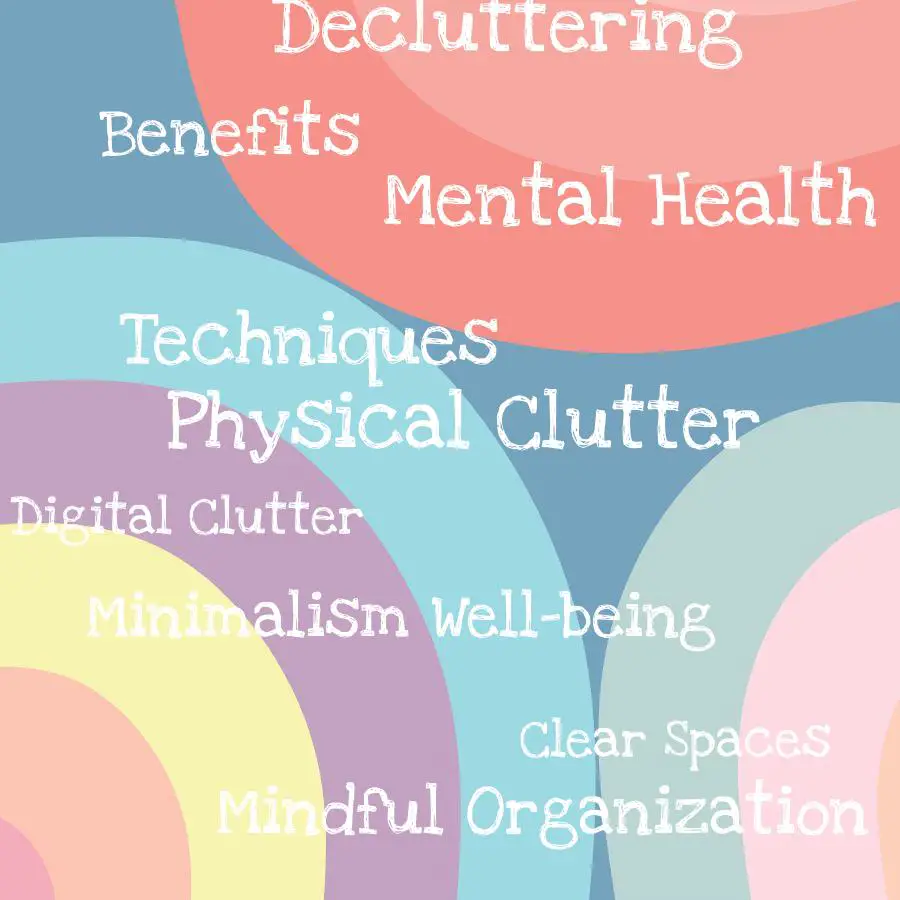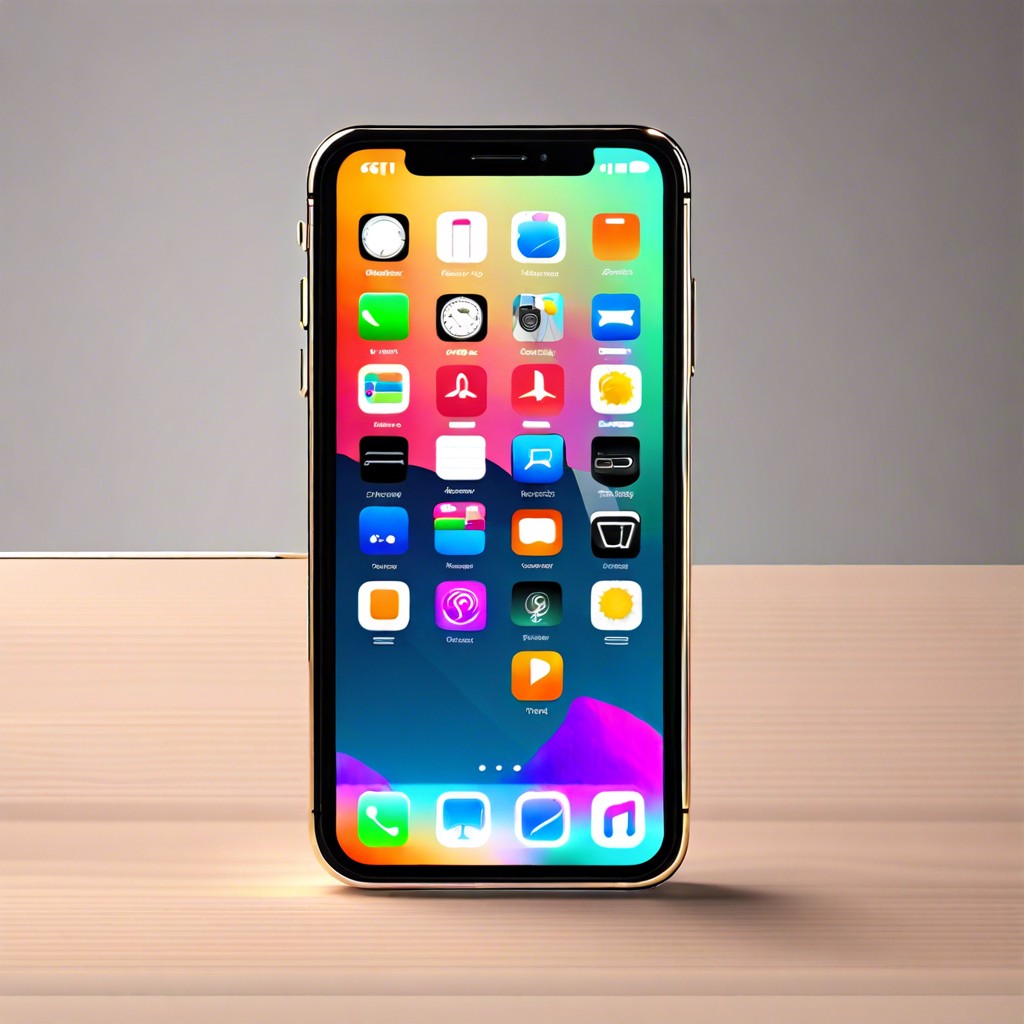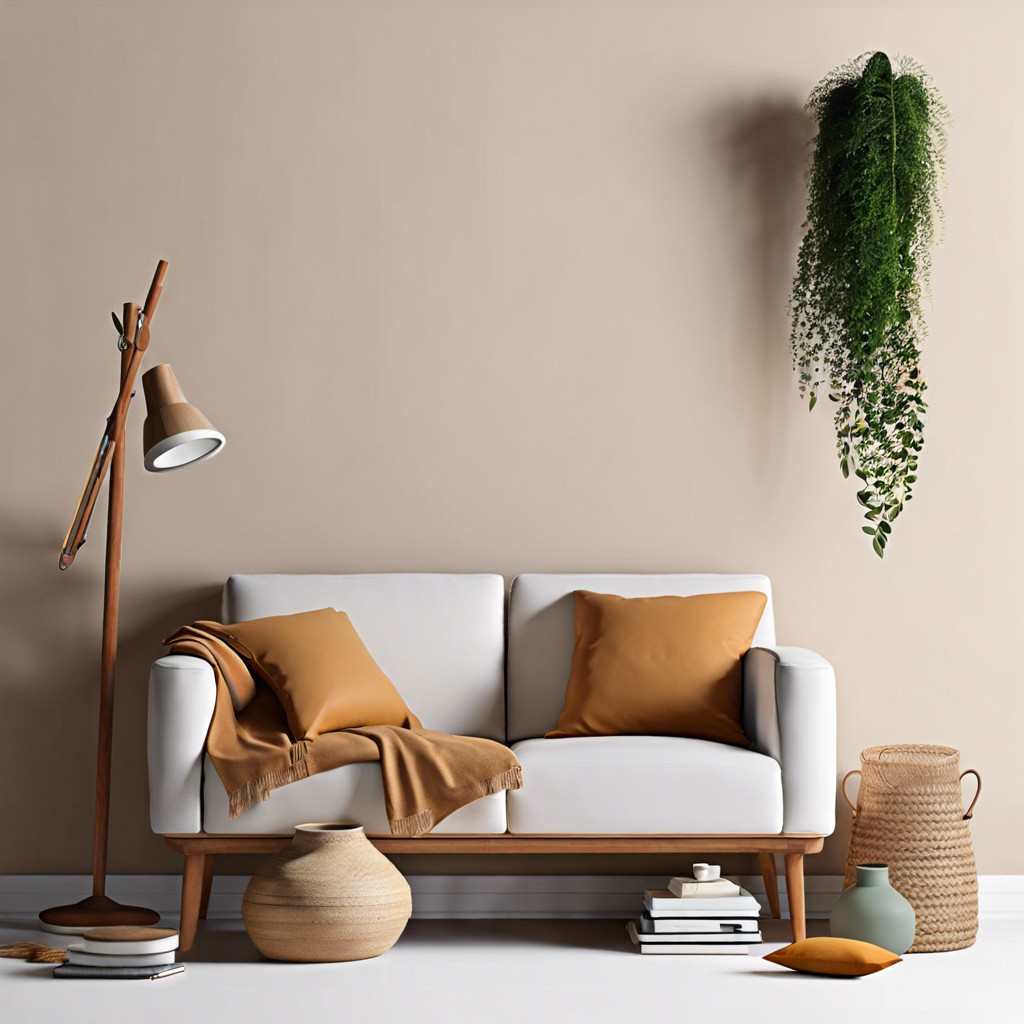Last updated on
Discover how decluttering your living space can boost your mental health and improve overall well-being in this expert guide.
Have you ever walked into a cluttered room and felt instantly overwhelmed? Maybe you’ve even found yourself avoiding certain areas of your home because they’re just too chaotic to face. I know I have.
As someone who used to struggle with anxiety and depression, I found that my physical environment had a huge impact on my mental health. That’s why I became obsessed with decluttering and organizing – not just for the sake of having a tidy space, but for the sake of my own well-being.
In this post, I’ll share some insights into how decluttering can benefit your mental health, as well as some practical tips for getting started. So grab a cup of tea (or coffee, or whatever floats your boat) and let’s dive in!
Table of Contents
Mental Clutter Vs Physical Clutter

As I began my decluttering journey, I quickly realized that there are two types of clutter: mental and physical. Mental clutter refers to the thoughts, worries, and anxieties that can accumulate in our minds over time.
It’s the mental to-do list that never seems to get shorter, the negative self-talk we engage in without even realizing it, or the constant stream of notifications from our phones.
Physical clutter is more obvious – it’s all those piles of clothes on your bedroom floor or stacks of papers on your desk. But what many people don’t realize is how closely linked these two types of clutter are.
When we’re surrounded by physical chaos – whether it’s a messy room or a disorganized workspace – it can exacerbate feelings of stress and anxiety.
On the other hand, when we take steps to clear out physical clutter from our lives (even just one small area at a time), we often find ourselves feeling lighter mentally as well. This isn’t just anecdotal evidence either; studies have shown that living in an organized environment can lead to reduced levels of cortisol (the stress hormone) and improved overall mood.
So if you’re feeling overwhelmed by both mental and physical clutter right now (as so many people are), know that you’re not alone! And remember: taking small steps towards decluttering your space can have big benefits for your well-being over time.
Benefits of Decluttering
As I mentioned earlier, decluttering can have a significant impact on your mental health. When we’re surrounded by clutter and chaos, it’s easy to feel overwhelmed and anxious.
On the other hand, when our spaces are clean and organized, we tend to feel more calm and in control.
But the benefits of decluttering go beyond just reducing stress levels. Studies have shown that living in a cluttered environment can actually affect our ability to focus and process information effectively.
It can also lead to feelings of guilt or shame – after all, who hasn’t felt embarrassed about having friends over because their home is too messy?
On the flip side, clearing out excess stuff has been linked with increased creativity as well as improved sleep quality – both important factors for maintaining good mental health.
So if you’ve been feeling like your space is weighing you down lately (or even if you haven’t), consider giving decluttering a try! Not only will it help create an environment that supports your well-being but it might also inspire some positive changes in other areas of your life too!
Decluttering Techniques
Now that we’ve established the importance of decluttering for mental health, let’s talk about some techniques you can use to get started. The first step is to set aside dedicated time for decluttering – whether it’s a few hours on a weekend or 15 minutes each day after work.
Next, start with one area at a time rather than trying to tackle your entire home all at once (trust me, I’ve made this mistake before and it only leads to burnout). As you go through your belongings, ask yourself if each item brings you joy or serves a practical purpose in your life.
If not, consider donating or selling it.
But what about those sentimental items that are hard to part with? It’s okay to keep some things that hold special meaning – just be mindful of how much space they’re taking up and whether they’re truly adding value to your life. One technique I like is taking photos of sentimental items before letting them go – this way you still have the memory without the physical clutter.
Remember: decluttering isn’t just about getting rid of stuff; it’s also about creating an intentional space where you can feel calm and focused. By approaching decluttering as an act of self-care rather than another chore on your list, you’ll be more likely stick with it over time and reap the mental health benefits along the way!
Mindful Organization
As I began my decluttering journey, I quickly realized that it wasn’t just about getting rid of stuff. It was also about being mindful of what I chose to keep and how I organized it.
Mindful organization means taking the time to consider each item you own and deciding whether or not it truly serves a purpose in your life. It means creating systems that make sense for you, rather than simply following someone else’s rules.
For me, this meant letting go of items that were tied to negative memories or emotions – things like old clothes from a past relationship or gifts from people who no longer played an active role in my life. It also meant finding creative ways to store the things that did bring me joy – using pretty baskets for blankets instead of shoving them into a closet, displaying sentimental objects on shelves instead of hiding them away.
By approaching decluttering with mindfulness and intentionality, we can create spaces that truly support our mental health and well-being. When we surround ourselves with only the things we love and need, our homes become havens rather than sources of stress.
Minimalism and Well-being
Minimalism is a lifestyle that has gained popularity in recent years, and for good reason. At its core, minimalism is about simplifying your life by getting rid of excess stuff and focusing on what truly matters.
This can be incredibly beneficial for our mental health because it allows us to let go of the things that are weighing us down – both physically and emotionally.
I remember the first time I stumbled upon the concept of minimalism. I was feeling particularly overwhelmed by my cluttered apartment, so I turned to Google in search of some solutions.
That’s when I discovered The Minimalists – two guys who had given up their high-paying corporate jobs to live more intentionally with less stuff.
Their message resonated with me on a deep level: we don’t need all this stuff to be happy or fulfilled. In fact, sometimes all this stuff can actually make us feel worse! By letting go of things we no longer need or use (whether it’s clothes we haven’t worn in years or sentimental items that no longer serve a purpose), we create space for new experiences and opportunities.
Of course, decluttering isn’t always easy – especially if you’ve been holding onto certain items for emotional reasons (like old love letters from an ex). But as someone who has gone through this process myself, I can tell you firsthand that it’s worth it.
When you start living with less clutter around you (and inside your head), everything feels lighter somehow – like there’s more room to breathe.
Tackling Digital Clutter
As someone who spends a lot of time online, I’ve found that digital clutter can be just as overwhelming as physical clutter. In fact, studies have shown that excessive screen time and social media use can contribute to feelings of anxiety and depression.
That’s why it’s important to take steps to declutter your digital life as well.
Start by going through your email inbox and unsubscribing from newsletters or promotions you no longer need or want. Delete old emails you no longer need, archive the ones you do need but don’t require immediate attention.
Next up is social media – unfollow accounts that make you feel bad about yourself or trigger negative emotions in any way. You might also consider taking a break from certain platforms altogether if they’re causing more harm than good.
Organize your files on both desktops and mobile devices into folders so everything has its place making it easier for future reference when needed without having to go through all the mess again. By tackling digital clutter along with physical clutter in our lives we are able create an environment conducive for mental clarity which ultimately leads us towards better mental health overall!
Maintaining Clear Spaces
Now that you’ve decluttered your space and experienced the mental benefits of a clear environment, it’s important to maintain it. The key is to make decluttering a habit rather than an occasional task.
One way to do this is by setting aside just 10-15 minutes each day for tidying up. This can be as simple as putting away dishes or folding laundry, but the act of keeping things in order will help prevent clutter from building up again.
Another helpful tip is to regularly reassess what you own and whether or not it truly brings value into your life. It’s easy for items to accumulate over time, so taking stock every few months can help keep things under control.
Remember – maintaining a clear space isn’t about perfectionism or having everything look like something out of a magazine spread. It’s about creating an environment that supports your mental health and well-being by reducing stress and promoting calmness.
So take some time today (or tonight) to tidy up one small area in your home – maybe start with that pile of papers on the kitchen counter or those clothes on the bedroom floor – and see how much better you feel afterwards!




